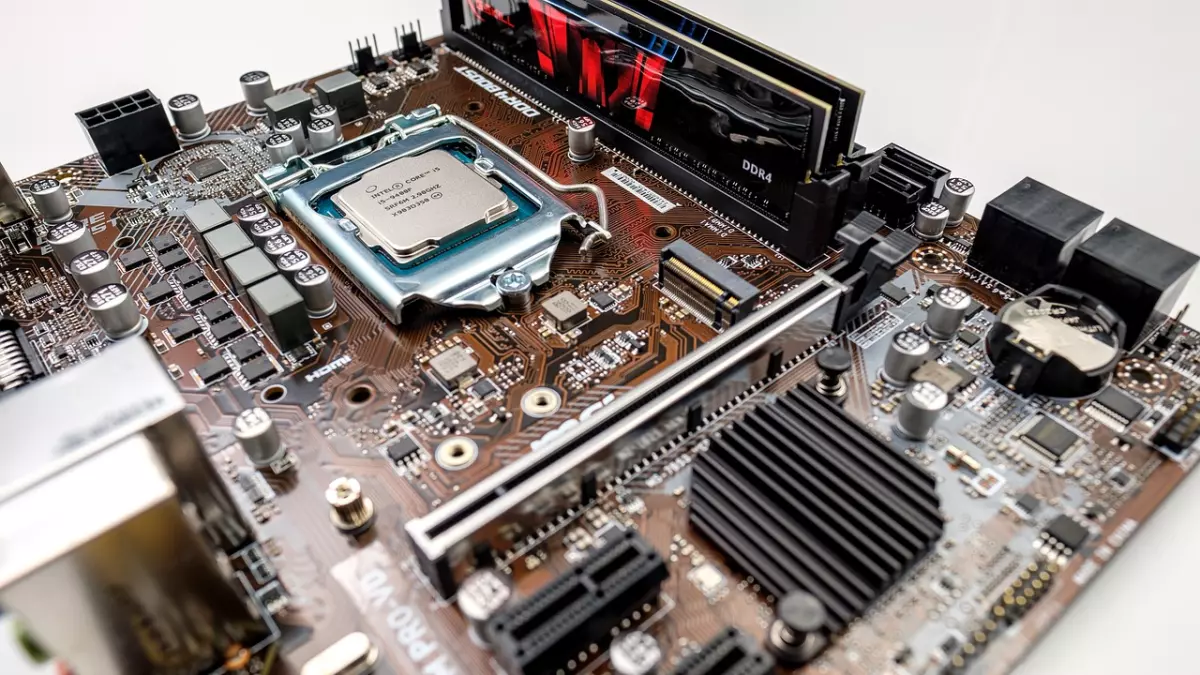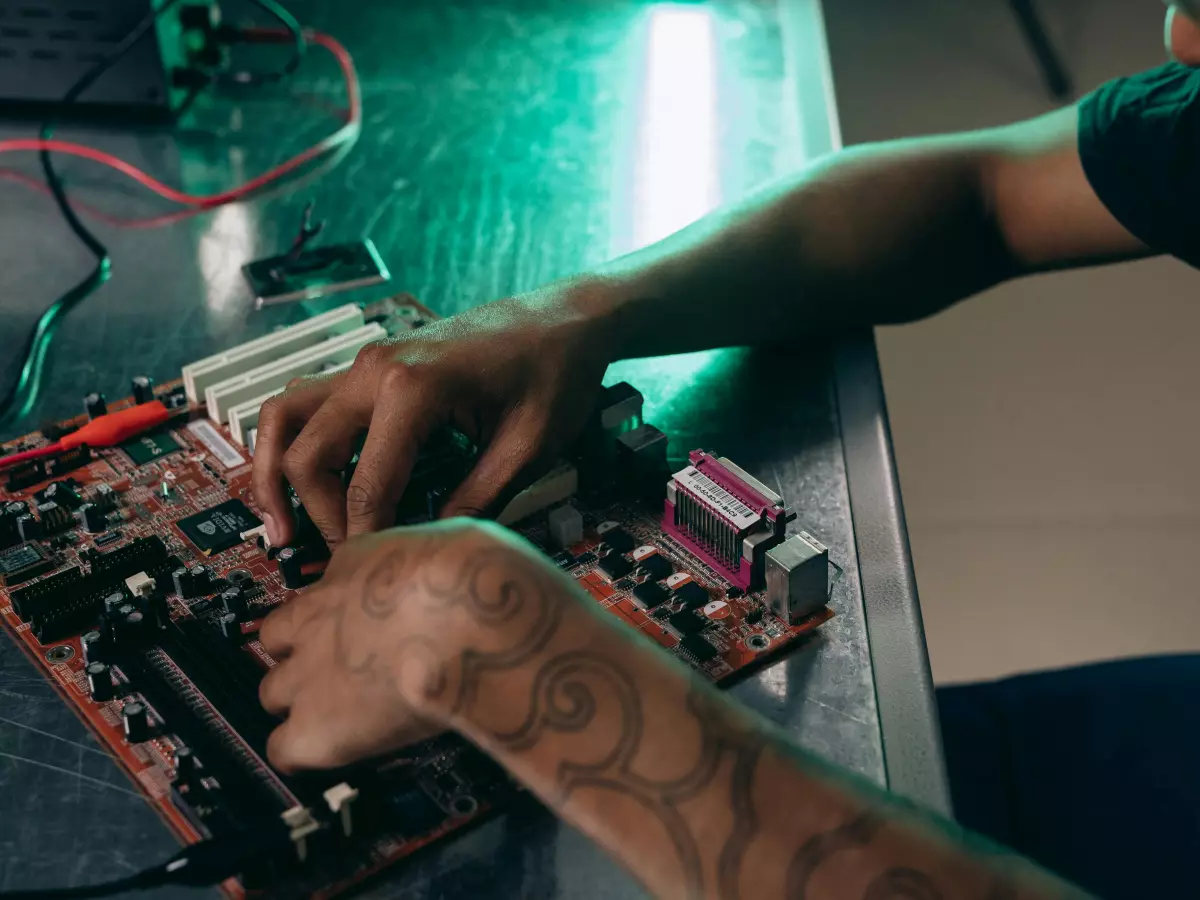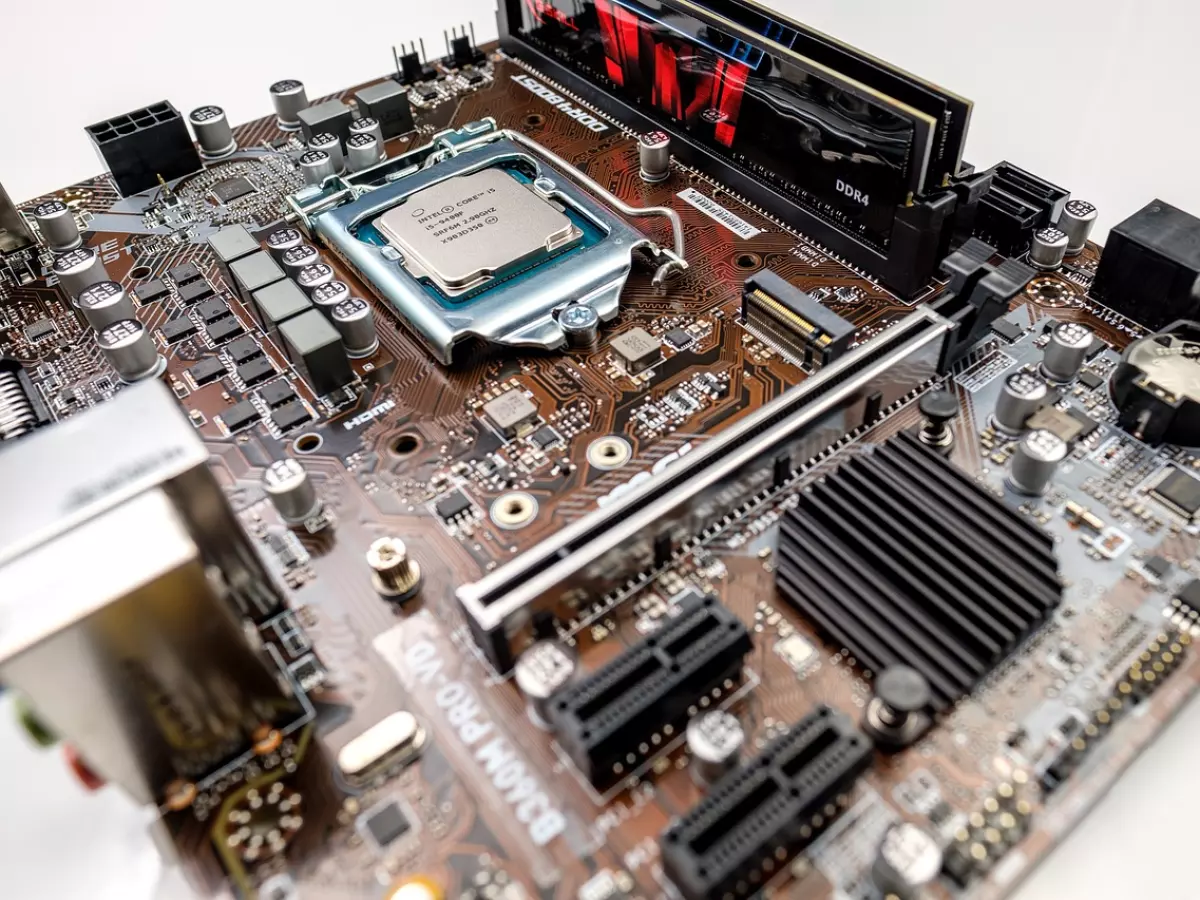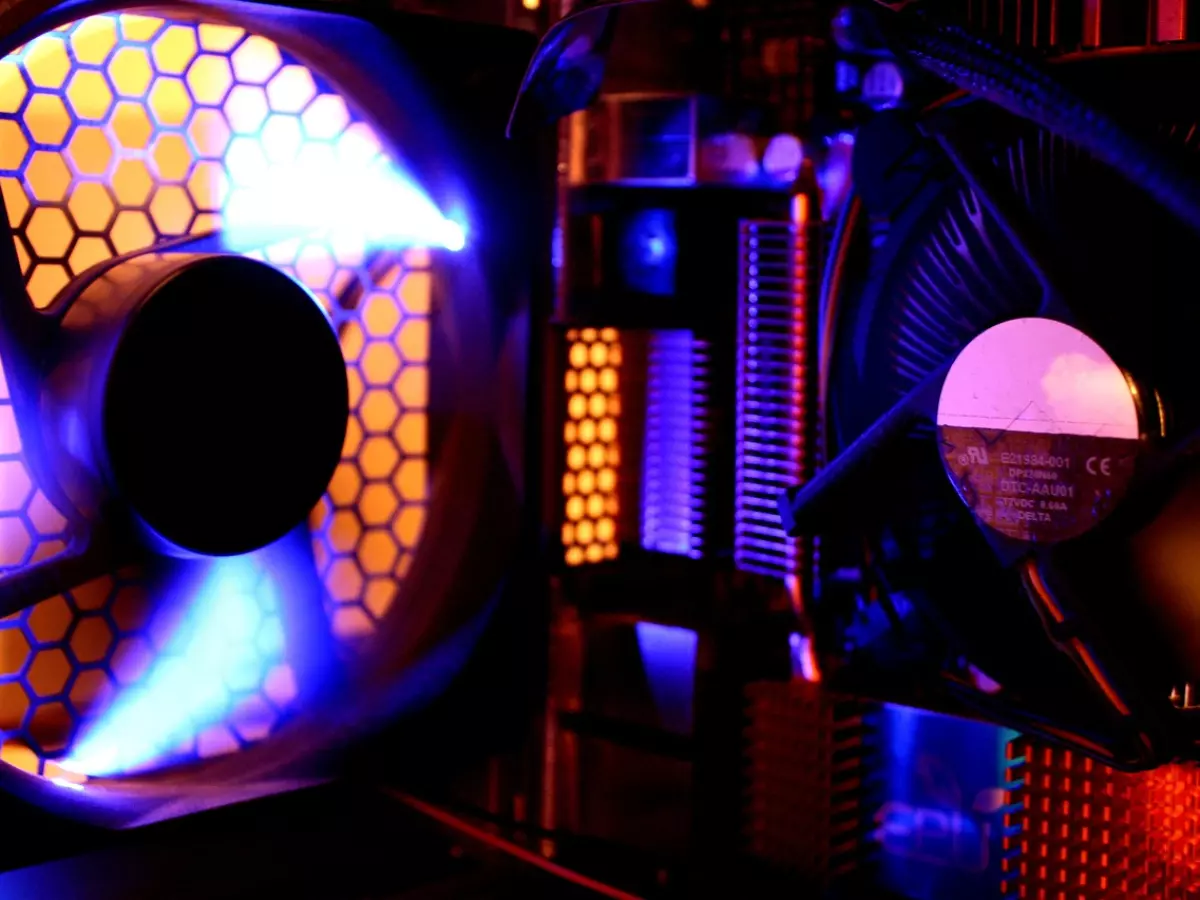Chipset: The Silent Conductor
When we talk about PC performance, most of the spotlight goes to the CPU, GPU, and RAM. But there's one critical piece of hardware that often gets overlooked—the chipset. It's the unsung hero that quietly orchestrates how all your components communicate and work together. And trust me, without a solid chipset, your fancy CPU and GPU are just expensive paperweights.

By Mia Johnson
So, what exactly is a chipset? Think of it as the traffic cop of your PC. It manages the flow of data between your CPU, memory, storage, and peripherals. In other words, it's the middleman that ensures all your components are talking to each other efficiently. If your chipset isn't up to par, it doesn't matter how fast your CPU is or how much RAM you have—your system will bottleneck, and performance will suffer.
In recent years, chipsets have become even more important as PC hardware has evolved. With the rise of PCIe 4.0 and 5.0, faster SSDs, and more powerful GPUs, the chipset has to handle more data than ever before. And it's not just about speed—it's also about compatibility. Your chipset determines what kind of components you can use, from the type of RAM to the number of USB ports. So yeah, it's kind of a big deal.
The Heart of Compatibility
One of the most crucial roles of the chipset is determining what hardware your PC can support. Want to upgrade to DDR5 RAM? Better make sure your chipset can handle it. Looking to install a blazing-fast PCIe 5.0 SSD? Yep, your chipset needs to be on board with that too. It's like the bouncer at the club—if your components aren't on the guest list, they're not getting in.
But it's not just about letting the right components in; it's also about making sure they play nicely together. A good chipset ensures that your CPU, RAM, and storage are all working in harmony. This is especially important for gamers and content creators who need every ounce of performance they can get. If your chipset can't keep up with the demands of modern hardware, you're going to see stuttering, lag, and overall sluggishness.
Data Flow: The Lifeblood of Performance
Another key function of the chipset is managing data flow. Imagine your PC is a busy highway, with data zipping back and forth between your CPU, RAM, and storage. The chipset is like the traffic controller, making sure everything moves smoothly. If there's a bottleneck in the chipset, it's like a traffic jam—data gets stuck, and your PC slows down.
This is especially important when you're running multiple applications or playing resource-intensive games. A high-quality chipset can handle the increased data load, ensuring that your system stays responsive even under heavy use. On the flip side, a weak chipset can cause everything to grind to a halt, no matter how powerful your other components are.
Power Efficiency and Heat Management
Believe it or not, your chipset also plays a role in power efficiency and heat management. Modern chipsets are designed to balance performance with power consumption, ensuring that your PC runs efficiently without overheating. This is especially important for laptops and compact PCs, where space is limited, and heat can quickly become an issue.
A good chipset can help your system run cooler and quieter, which is a big deal if you're gaming for hours or working on a long video editing project. Plus, efficient power management means longer battery life for laptops, so you can keep working or gaming without constantly hunting for an outlet.
Future-Proofing Your PC
If you're building or upgrading a PC, choosing the right chipset is crucial for future-proofing your system. As new technologies like PCIe 5.0, DDR5 RAM, and faster SSDs become more common, you'll want a chipset that can support these advancements. Otherwise, you'll be stuck with outdated hardware while everyone else is zooming ahead.
So, before you splurge on that shiny new CPU or GPU, take a moment to consider your chipset. It's the backbone of your system, and without a good one, you're not getting the full potential out of your other components.
Now, here's a question for you: When was the last time you thought about your PC's chipset? If the answer is "never," maybe it's time to give this unsung hero the attention it deserves.





